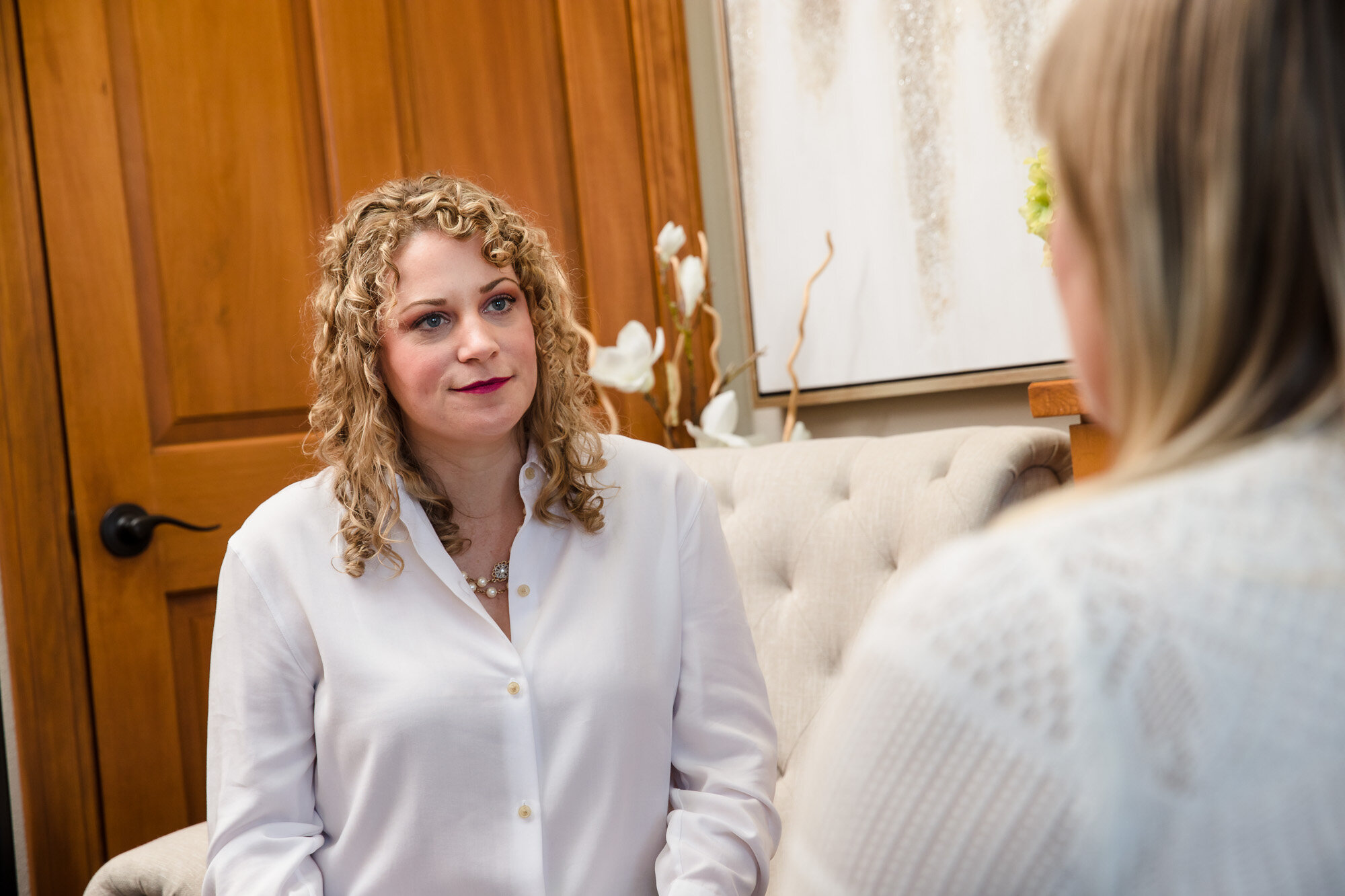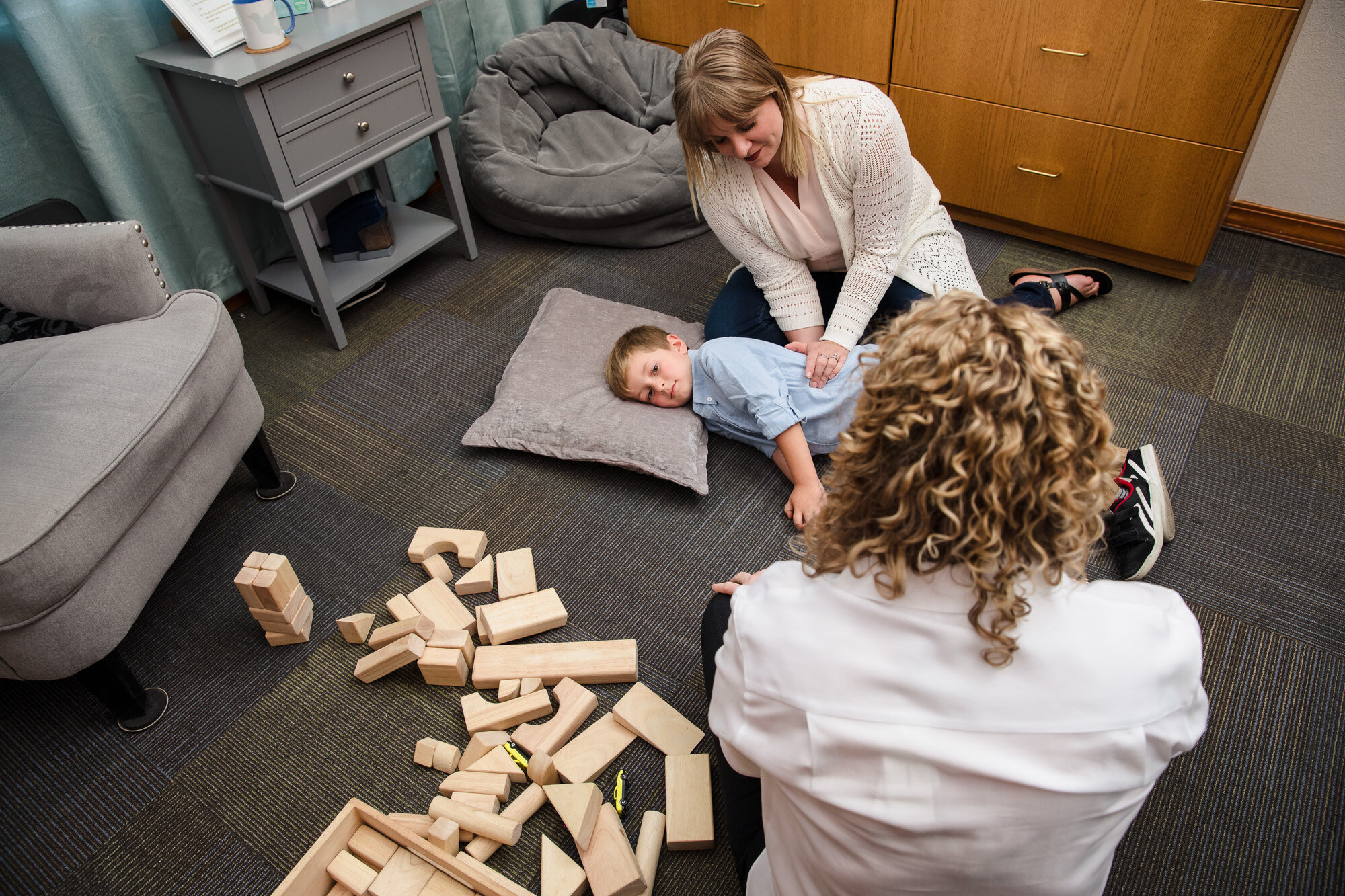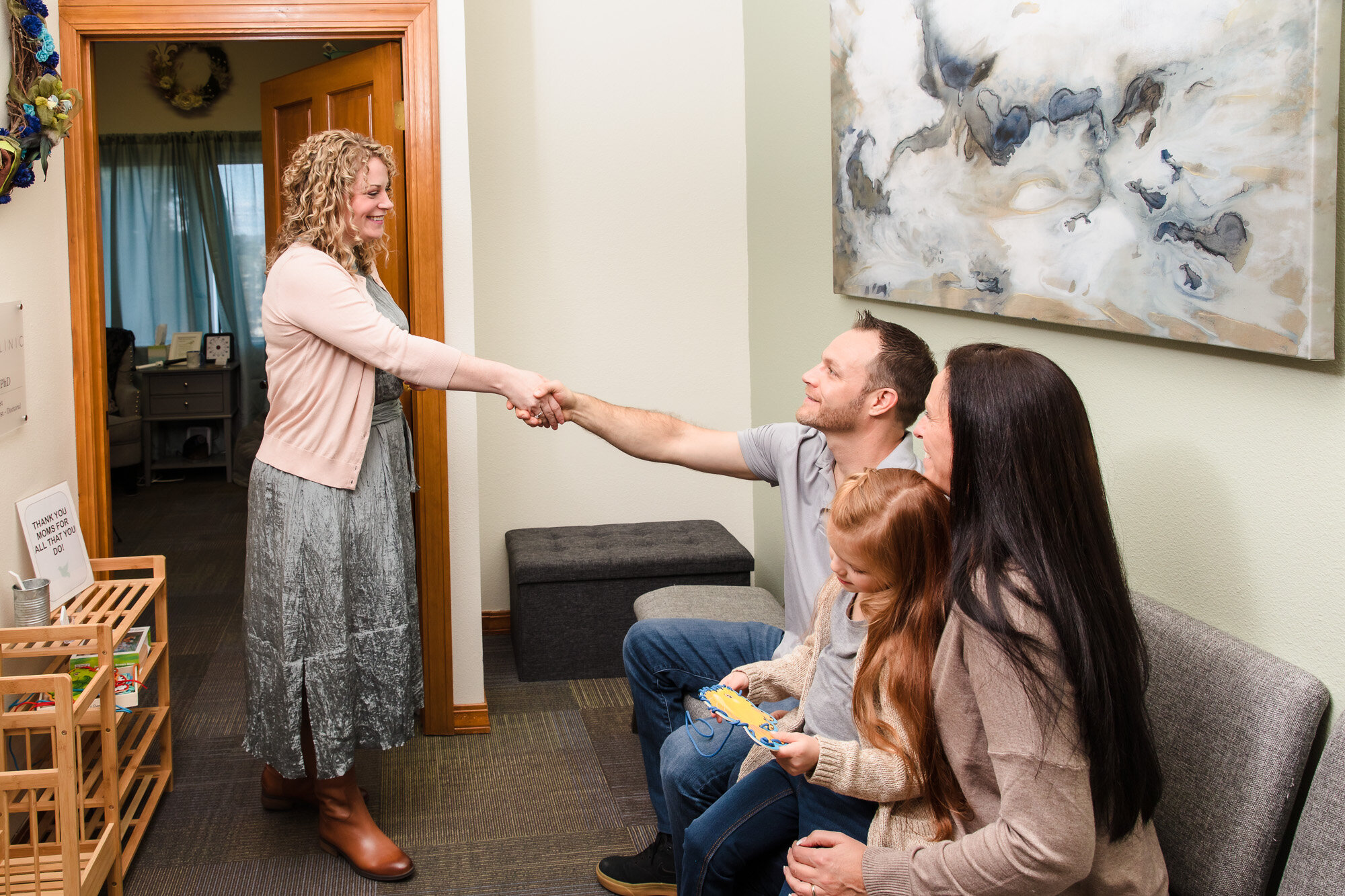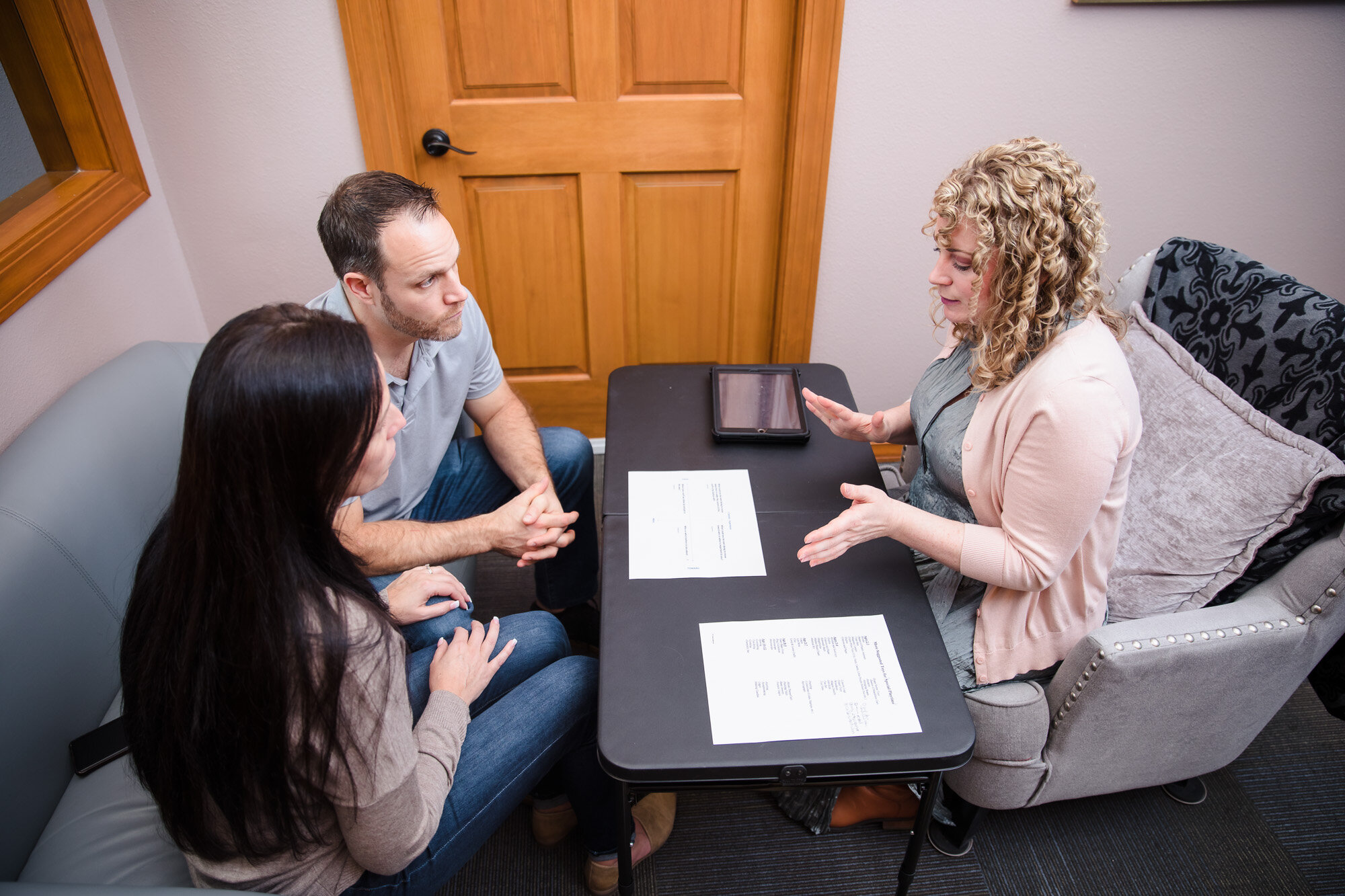I've been wanting to get to today's topic for a bit now. Given the pandemic, I've felt that grief (unfortunately) is a timely topic for families these days. Even if your family isn't touched by grief due to the pandemic, it doesn't hurt to be aware of how grief affects children. It's good info to sock away if ever, God forbid, you need to know it.
A disclaimer about the info in today's video: it reflects my review of the literature, which focuses on children's grief of close family members. If your child experiences grief of a more distant family member or friend, watches your personal grief of a lost one, or experienced a related loss (like the death of a pet) they may experience different or varied signs of grief from what I discuss in this video. This video does not go into aberrant or complex reactions to grief. If you ever have concerns, please contact your child's pediatrician.
Grief is a healthy part of the human experience. It tells us that we cared for and loved the lost one. Young children experience grief too because they love too. However, they have less developed language skills, more concrete thinking capacities, and learn how to understand experiences from watching those around them. This video discusses how that makes children's grief look different than adults.
If you're going through grief, this video may be hard to watch. I encourage you to skip it if you need to, watch it with a supportive person, or to seek your own supportive professional to interpret how you can best take care of yourself and any young children who may be grieving too.
Take care,
Dr. Blevins






